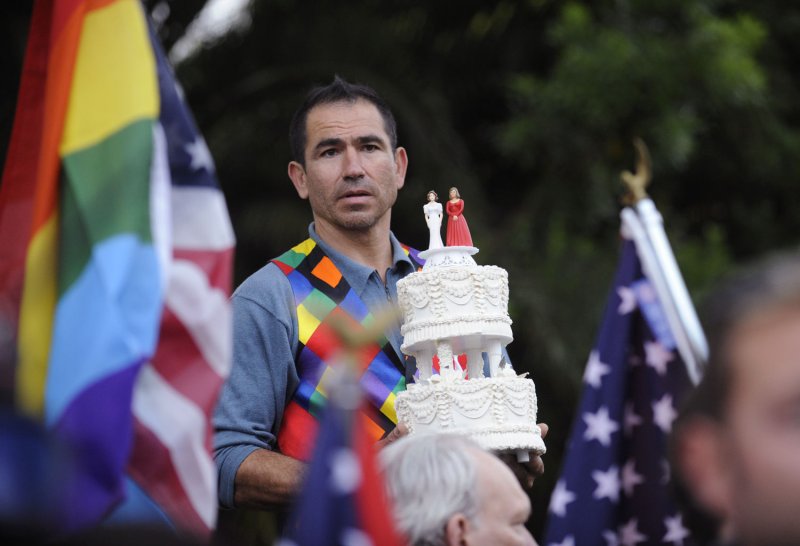GENEVA, Switzerland, March 23 (UPI) -- The Obama administration expressed support for the U.N. Human Rights Council's work on gay rights worldwide, while calling on the agency to do more.
Eileen Chamberlain Donahoe, the U.S. ambassador to the council, said the United States was committed to supporting the rights of the gay-lesbian-bisexual-transgender community because human rights "are the inalienable right of every person, no matter who they are or who they love," the Los Angeles Times reported Wednesday.















